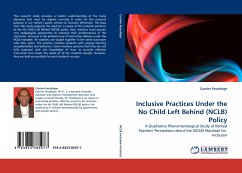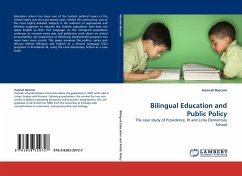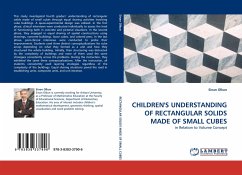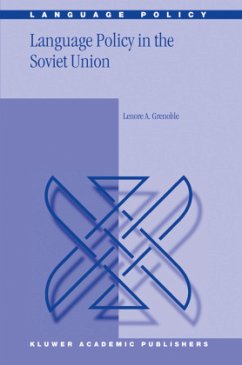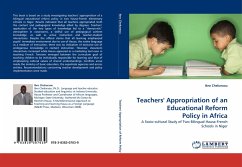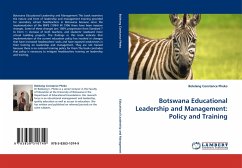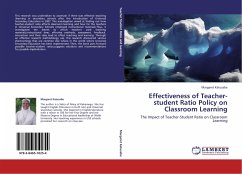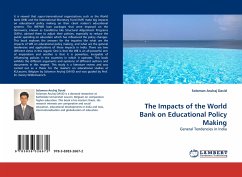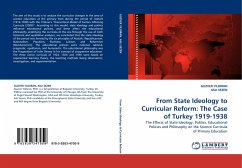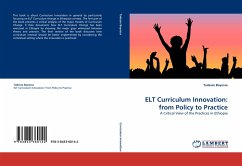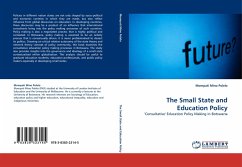
The Small State and Education Policy
''Consultative'' Education Policy Making in Botswana
Versandkostenfrei!
Versandfertig in 6-10 Tagen
52,99 €
inkl. MwSt.

PAYBACK Punkte
26 °P sammeln!
Policies in different nation states are not only shaped by socio-political and economic contexts in which they are made, but also reflect influence from global discourses on education. In developing countries, these discourses may be a product of an influence that international consultants bring into the policy making processes of such countries. Policy making is also a negotiated process that is highly political and contested. In Botswana, policy making is assumed to be an orderly process that is consensually driven. It is never problematised to dissect its politics. Drawing on critical relat...
Policies in different nation states are not only shaped by socio-political and economic contexts in which they are made, but also reflect influence from global discourses on education. In developing countries, these discourses may be a product of an influence that international consultants bring into the policy making processes of such countries. Policy making is also a negotiated process that is highly political and contested. In Botswana, policy making is assumed to be an orderly process that is consensually driven. It is never problematised to dissect its politics. Drawing on critical relative autonomy of the state theory and network theory concept of policy community, this book examines the consultative education policy making processes in Botswana. The study also provides insights into the governance and ideology of a small state contextualised within globalisation. This analysis should be useful to graduate education students, education professionals, and public policy makers especially in developing small states.



